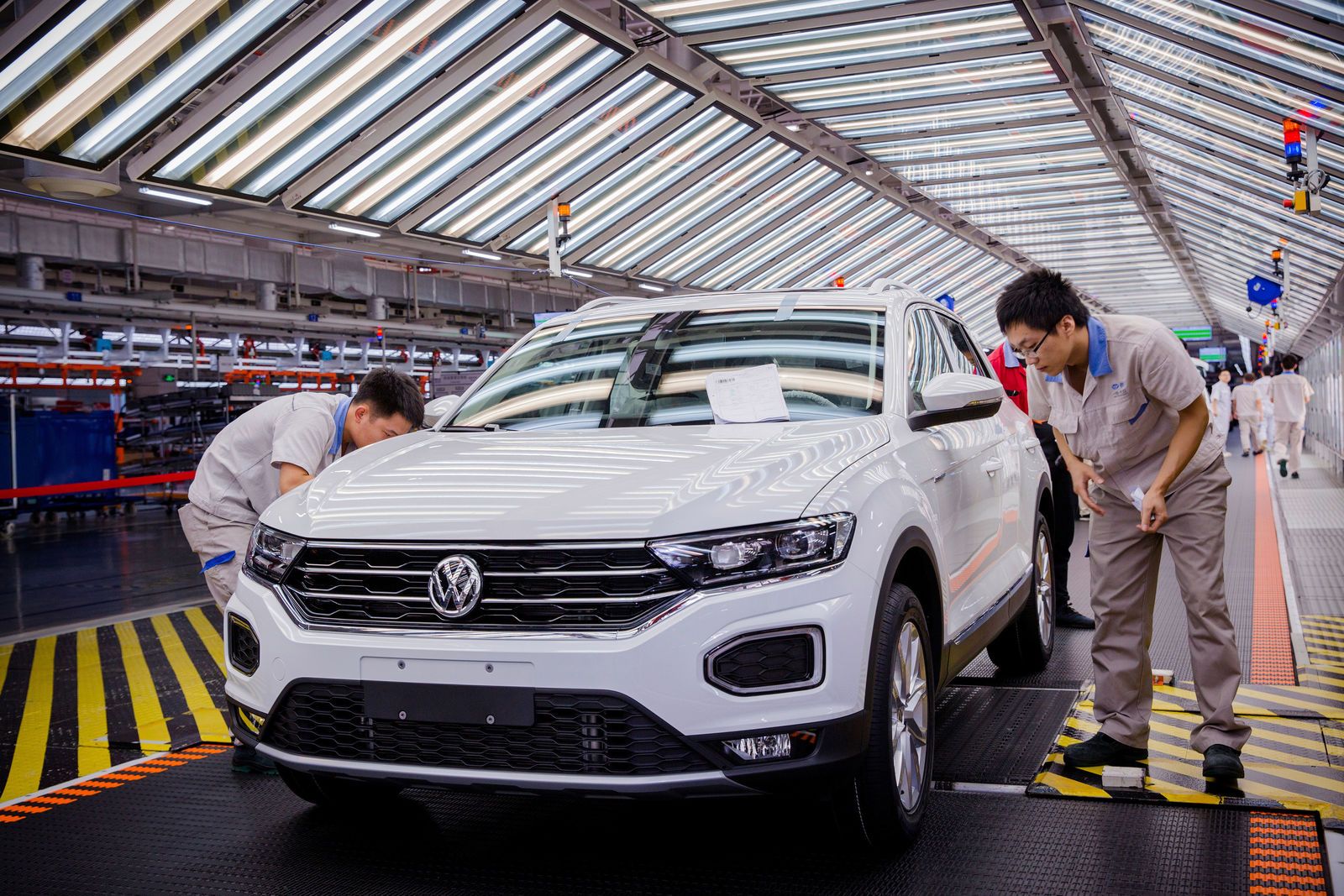
In a strategic move to strengthen their presence in the electric vehicle (EV) market, Volkswagen and SAIC Motor have signed several energy technology cooperation agreements. The signing of these agreements underlines the intention of both companies to advance the electrification of the automotive sector, despite the growing protectionism of the European Union (EU) against Chinese imports of electric vehicles.
The agreements contemplate the joint development of three plug-in hybrid models and two pure electric models in China, with their launch planned for 2026. This collaboration is considered a clear example that protectionist measures cannot stop the global trend towards technological cooperation.
“We are vigorously pushing forward our electrification strategy. The course is set. In a dynamic and competitive electric vehicle market in China, it is of great importance that we continue to strengthen our strategic partnership with SAIC and drive the electrification of SAIC Volkswagen’s portfolio,” Ralf Brandstätter, president and CEO of Volkswagen Group China, said in a statement sent to the Global Times.
Zhang Xiang, director of the Digital Automotive International Cooperation Research Center at the World Digital Economy Forum, said this trend reflects the growing collaboration between international and Chinese automobile companies to harness the potential of electric vehicle technology. “It also serves as proof that Europe’s protectionist measures will not impede this mutually beneficial partnership,” Zhang added.
The European Commission announced on June 12 the imposition of an additional provisional duty of between 17.4% and 38.1% on electric vehicles from China, a measure that has generated criticism and opposition in several industries and European countries. , including Germany.
In response to this move, on June 22, China and the EU agreed to start consultations on the anti-subsidy investigation of Chinese electric vehicles. In an attempt to ease tension, German Chancellor Olaf Scholz proposed the imposition of equal tariffs on both Chinese and European car imports, with a 15% tariff under discussion, although this figure could vary.
«This proposal definitely indicates that Germany is looking for a solution for both sides. It seems that it is about finding a balance or a compromise,” Cui Hongjian, a professor at the Academy of Regional and Global Governance at Beijing Foreign Studies University, told the Global Times. From the German perspective, perhaps this investigation should not have been launched in the first place, and the imposition of such high tariffs on China should have been avoided, Cui added.
Following the announcement of the provisional tariffs by the European Commission, a German government spokesman said: “We do not need any more trade barriers.” Hungary’s Ministry of Foreign Affairs and Trade also expressed its disagreement with the European measure. Major European car manufacturers such as Volkswagen, BMW and Mercedes-Benz also spoke out against the tariffs.
The Chinese business community has also strongly opposed the planned EU tariffs, according to Zhao Ping, spokesperson for the China Council for the Promotion of International Trade (CCPIT), during a press briefing on Friday.
This collaboration between Volkswagen and SAIC Motor demonstrates that, despite trade challenges and tensions, the global automotive industry continues to move towards a more sustainable and electrified future.
Source: https://reporteasia.com/negocios/2024/06/30/volkswagen-y-saic-motor-amplian-su-colaboracion-en-vehiculos-electricos-a-pesar-del-proteccionismo-europeo/

